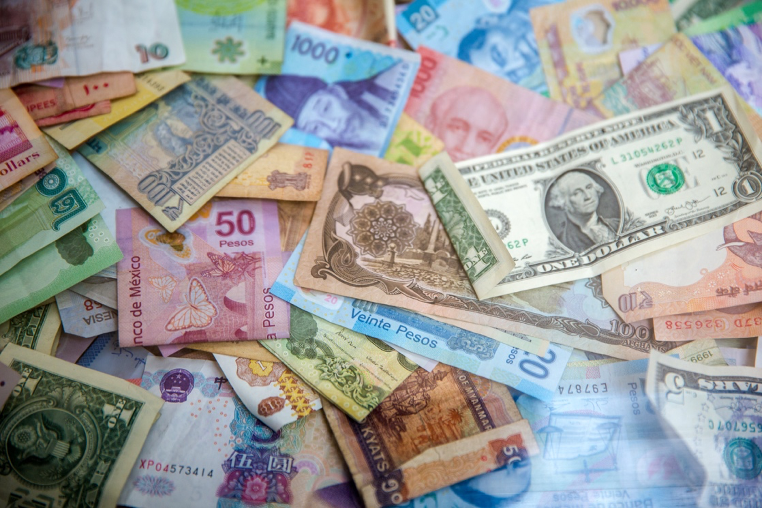Authors: Saron M. Obia and Shams Jouve.
While mobile payment already represented a technological success a decade ago, its use exploded in the post-pandemic world. This generalization should be a matter of great concern, as mobile banking is one of the most efficient tools used to finance criminal and terrorist activities on a global level. Indeed, technology facilitates the financing of illegal organizations which benefits from their rapidity, mainly anonymous nature, and the lack of legislation.
The African continent is particularly affected by the insecurity of mobile banking platforms. This article tends to raise awareness upon how the disrespect of legal norms by mobile operators and the lack of vigilance of the concerned states provoke dangerous opportunities for illegal organizations. This alarming situation must be considered to adopt strong and efficient policy methods and look after their actual enforcement.
Security menace posed by mobile payment in Africa
Mobile Payment and Cyber Criminality
One of the major services rendered by mobile operator in Sub Saharan Africa is mobile payment. First, the cheap rate for transfers, in some cases receipt is not issued or required, and the sender does not need to have a phone, which creates anonymity of the individual. Then, the sale of Sim cards at a low price (100xaf-300xaf in Cameroon), and sometimes identified with the sale agent’s credentials is a menace to population.
Cybercriminals exploit Sim cards registered with credentials of airtime vendors to perpetrate crimes. Some create accounts with identity cards obtained from the streets. Often at times, interns and even workers (inside threats) in these mobile operating companies provide information of profile individuals to be victimized by cybercriminals.
Cryptocurrency and bitcoin have become more secured channel used by cybercriminals. When someone is scammed in Europe, they require payment via cryptocurrency or bitcoin. When it is done, the transaction is channeled to a mobile money number before being withdrawn.
Money Laundering
With the advent of mobile payment, money launderers no longer use banks, because of traceability of funds via bank to bank. They now transfer money to different persons in Europe via mobile money, and when they need money, it is sent back to them. For instance, in some Sub-Saharan African countries, money launderer will send 300000xaf-500000xaf to five different persons at a nearby agent without requiring a receipt or without being identified. After which, they can order a close person to do the same with other contacts either to an individual in Africa or Europe. When they need money to carry out a task, the person sends, and is considered legit.
Terrorist Financing
Terrorist financing is a major threat in the global war on terror. With the evolution of technology, which is being exploited for national security and by terrorist, mobile payment creates another avenue for terrorist groups to be easily sponsored. An authority intending to sponsor terrorist activities, will not use his phone to effectuate a transfer, it will rather go to a nearby agent give the money to be transferred, send an SMS (done), and mission will be carried out. More so, through cryptocurrency and bitcoin, terrorist can exploit some mobile payment agents to effectuate their cash-out. Money paid via crypto, is converted and paid through mobile payment, for mission to be carried out.
Victimisation of Clients
Phishing and Smishing are two methods used by cybercriminals to swindle funds from clients with mobile money accounts. They either send a message, requiring an individual to change their password due to a breach on system of operating company, or send message requiring a client to valid with their mobile money pin and ‘game over’. Clients are increasingly losing their funds to these schemes and some even commit mistakes when transferring money. There is need for mobile companies engaged in mobile payment to review some of their policies in relation to services offered.
Policing methods to be adopted by African states and operating companies
Mobile Companies
Mobile operating companies have helped change the landscape of information and communication technology. Though, several innovations are available, cybercriminals, money launderers and staff (insider threat) equally exploit these services to make money and commit crimes. There is need for these companies to review the pattern for mobile money transaction above a certain amount, though corruption will still enter the ‘game’. Moreover, these companies must sort a system to identify Sim cards before sending to the market. In relation to client service, mobile companies must sort out a recovery method when a mobile payment is done to a wrong number. They could charge a certain amount (250xaf-300xaf) for recovery of funds of the individual.
Law Enforcement and State
Policy and regulation of telecommunication industry relay on the state. The increasing victimization of clients and terrorist financing through this method of payment, requires states to double their efforts in the fight against transnational crimes. States must ensure that mobile operators which offer such services must have written contracts with clients. They must ensure that mobile payment is in accordance with regulations of states and region. Law enforcement officers should work alongside mobile operators to track and apprehend cybercriminals and those engage in money laundering through mobile payment. Innovation should not be a menace to national security, neither should be threat the life of citizens.

